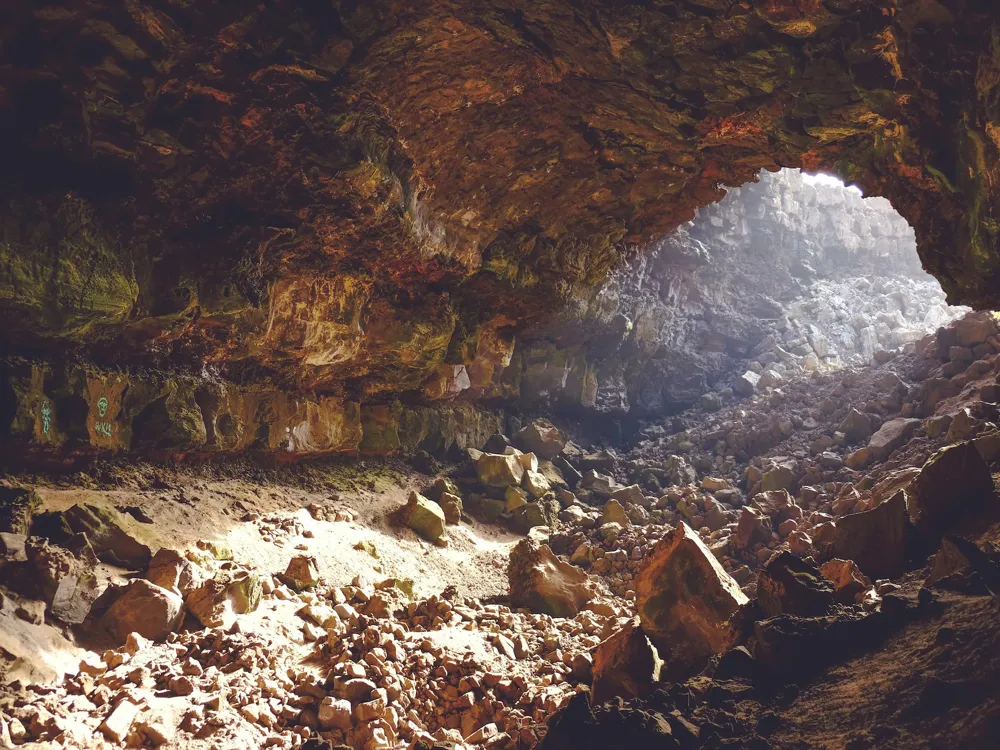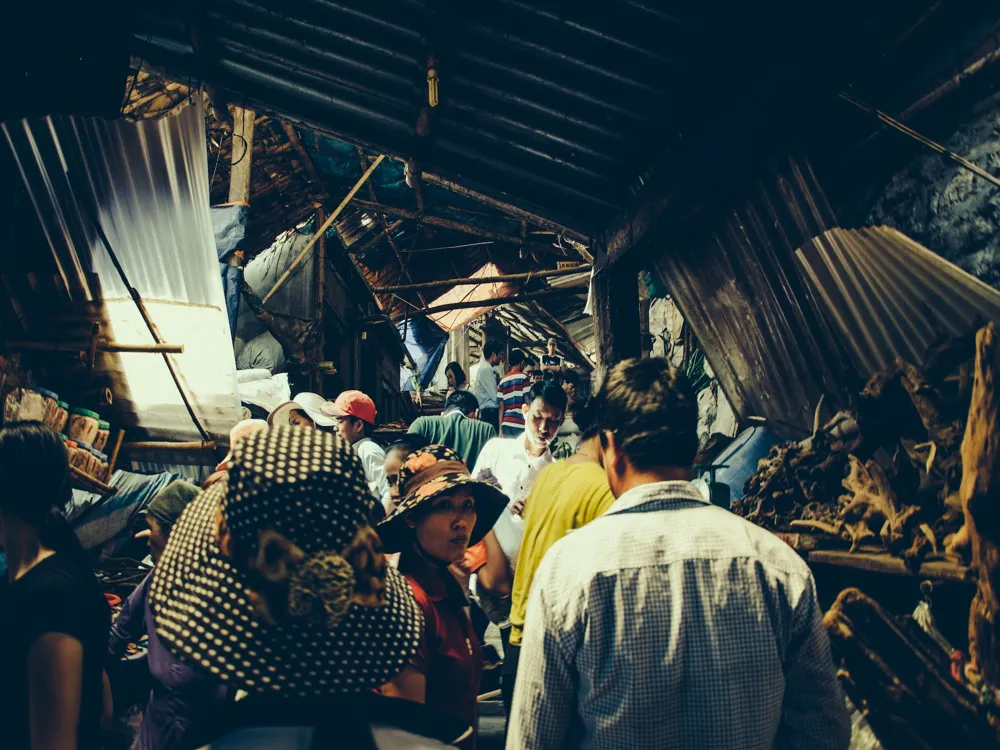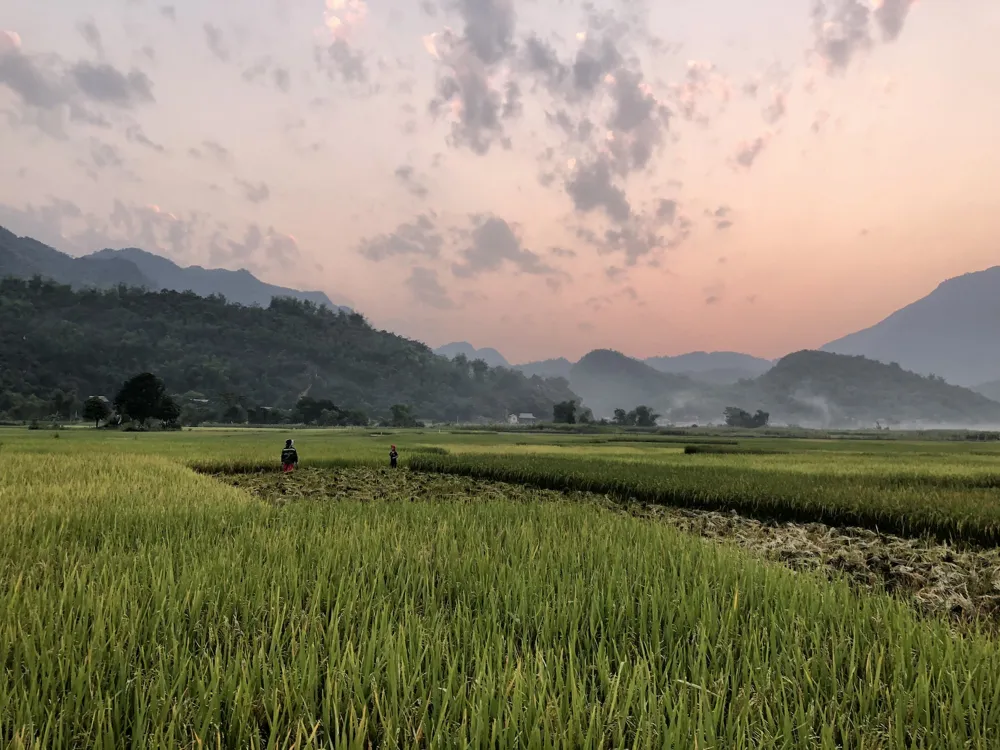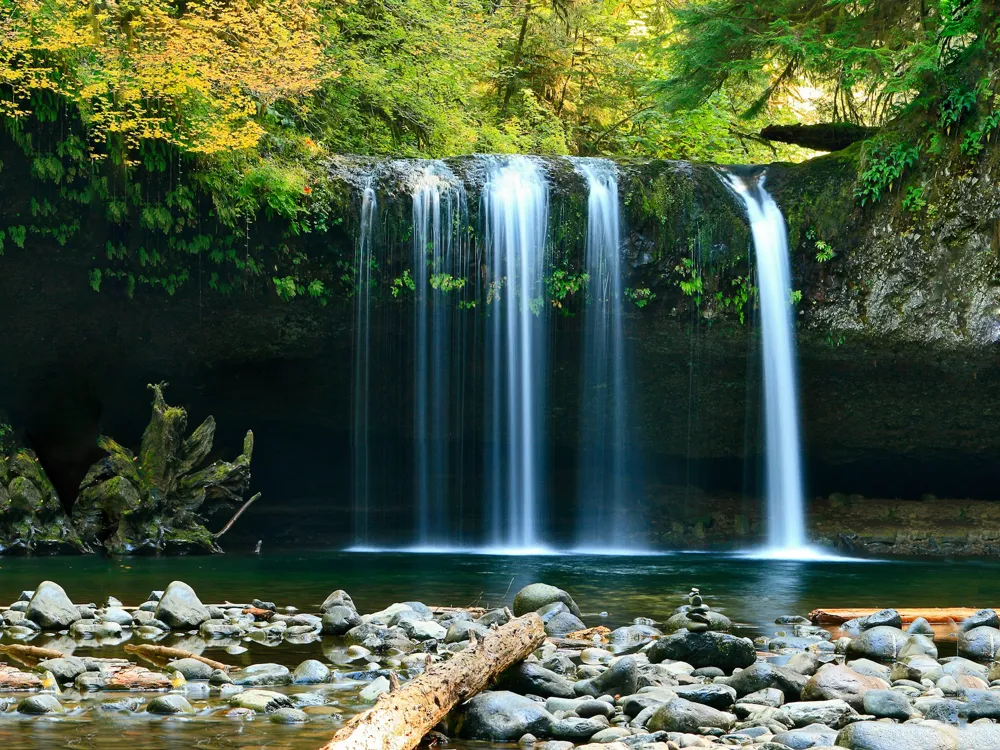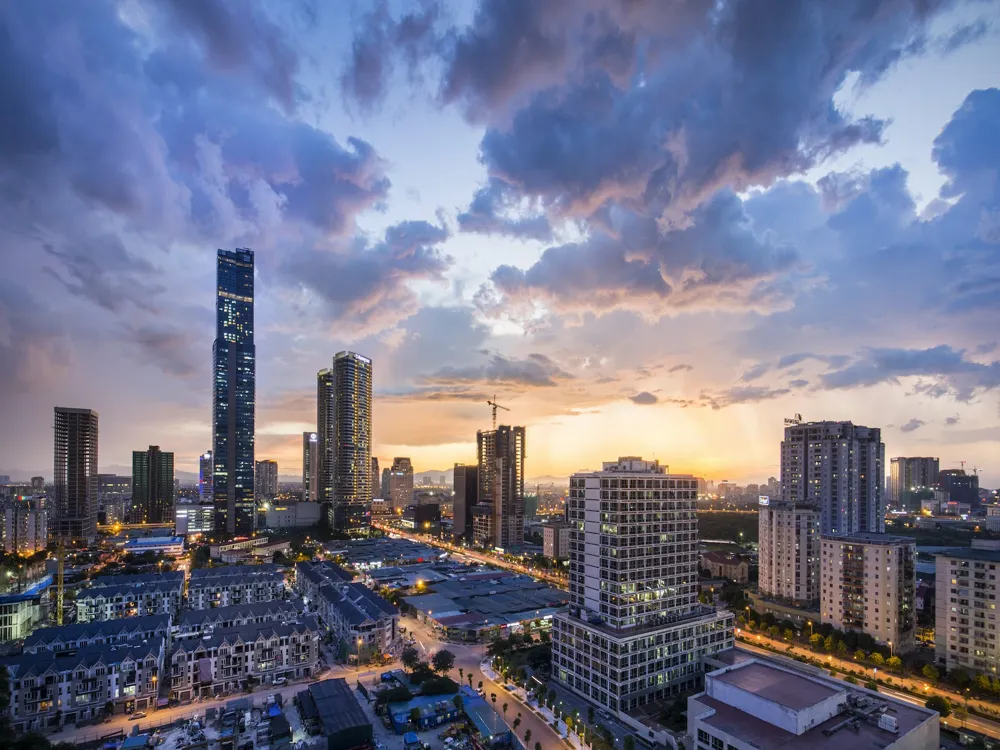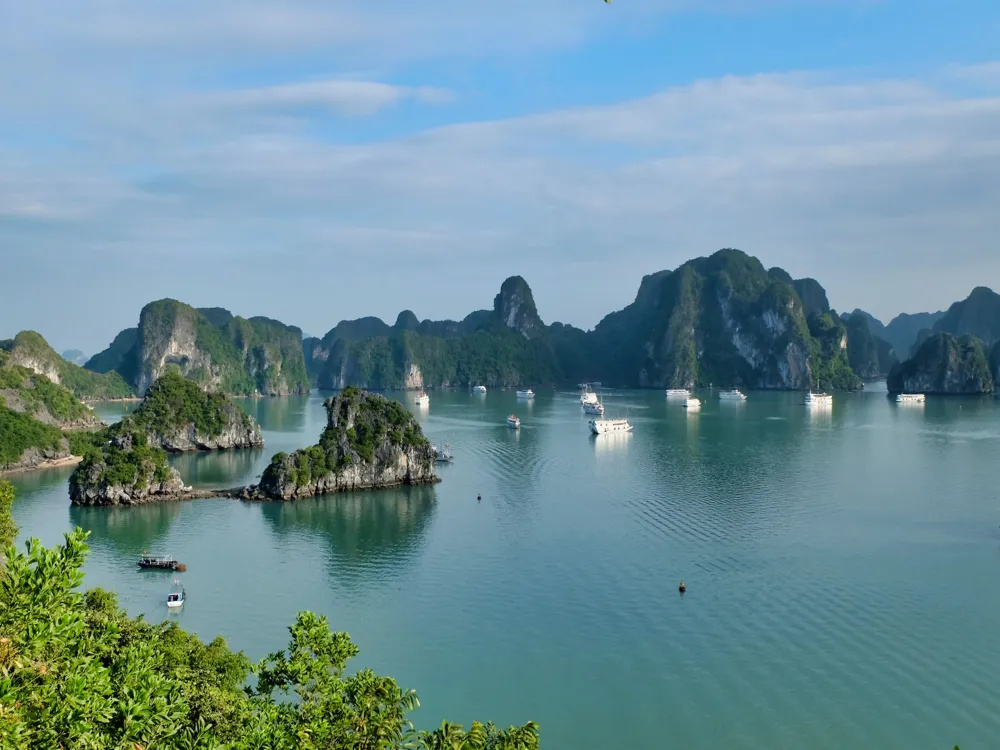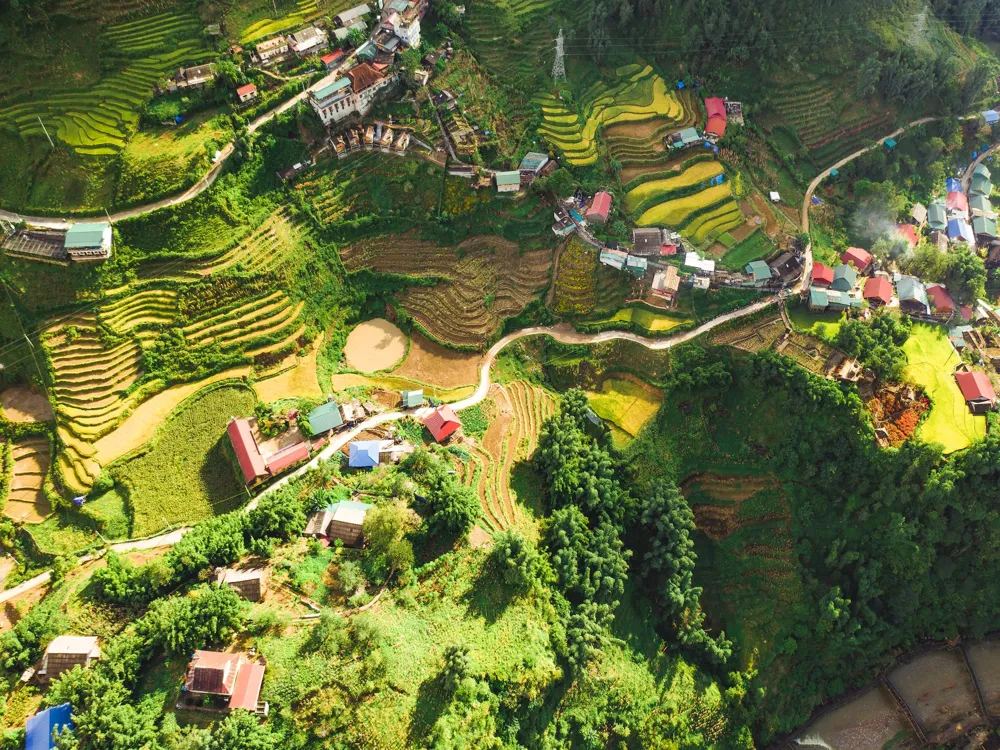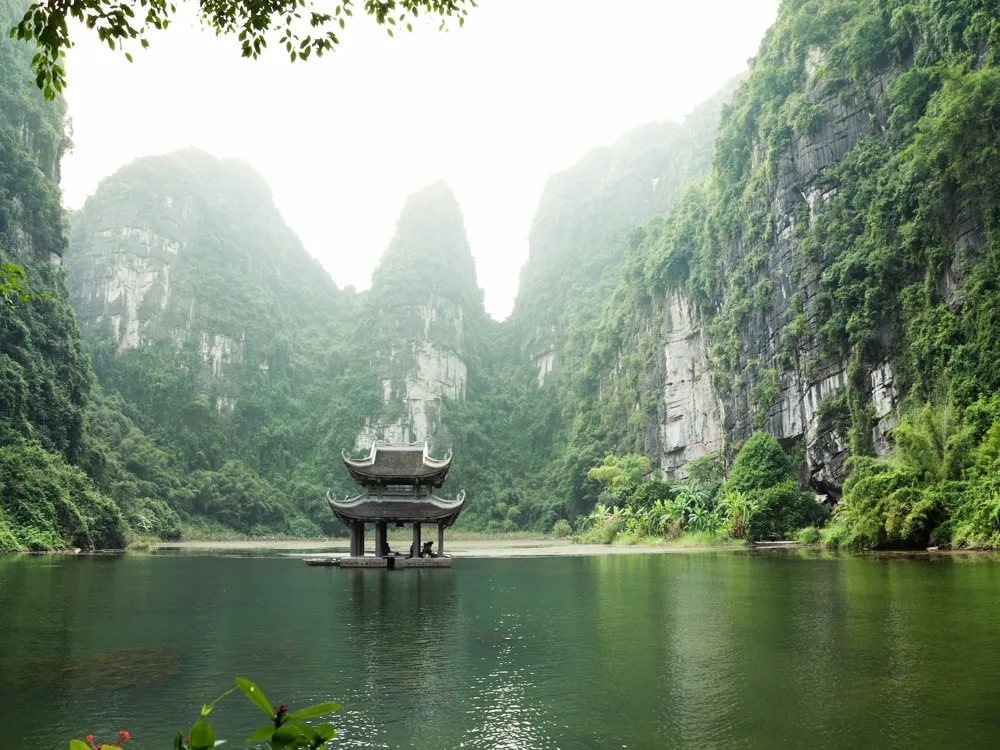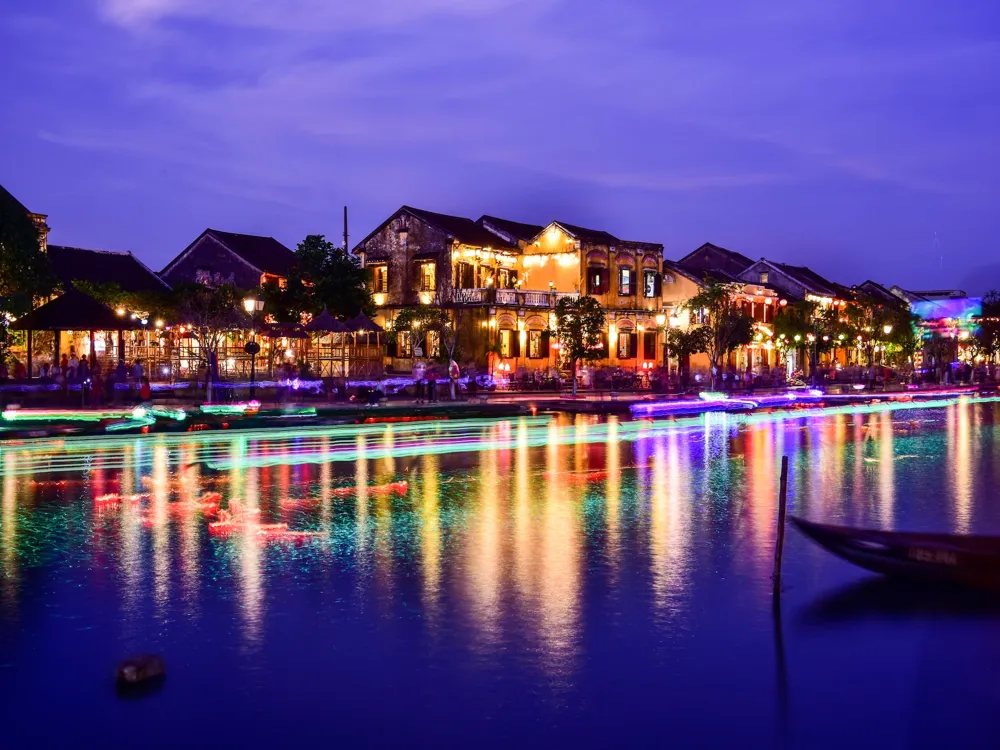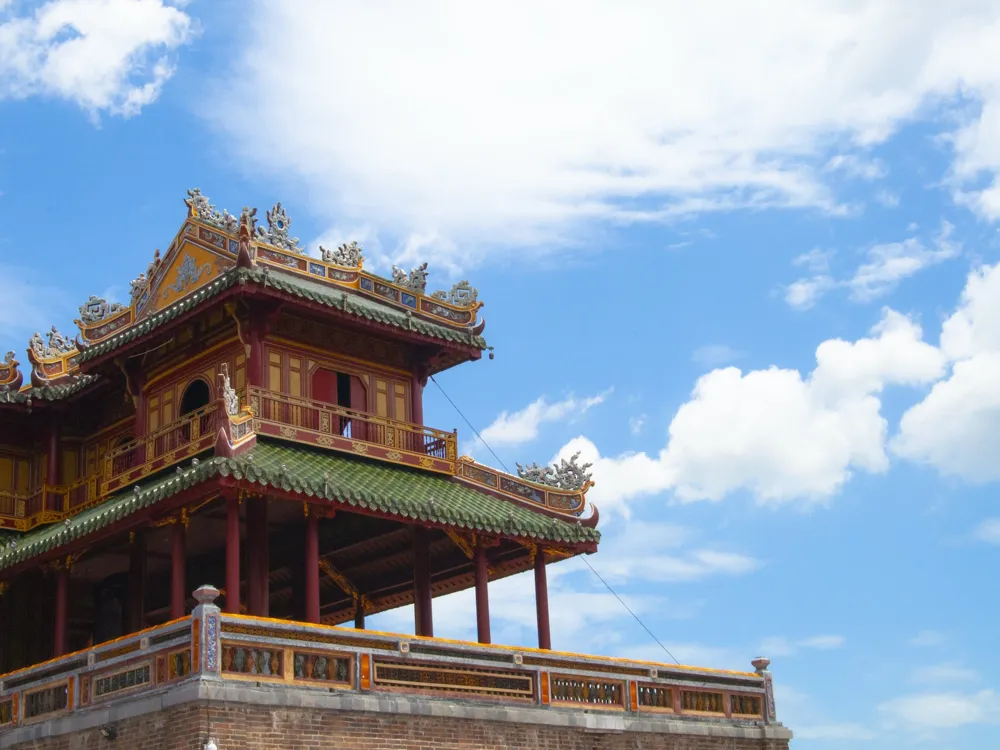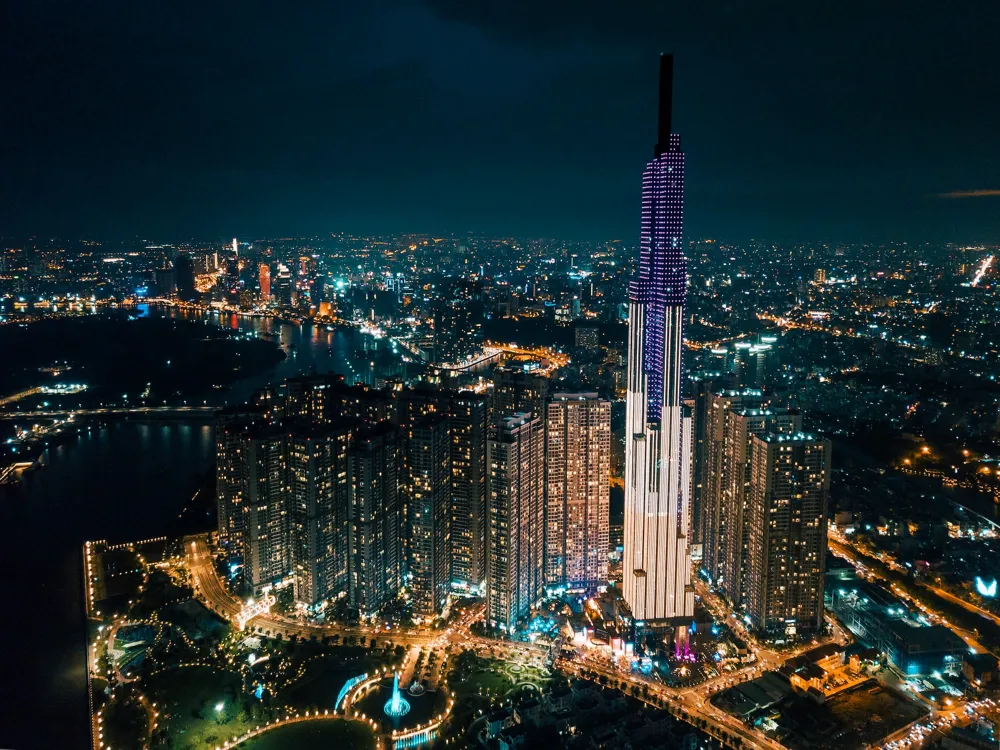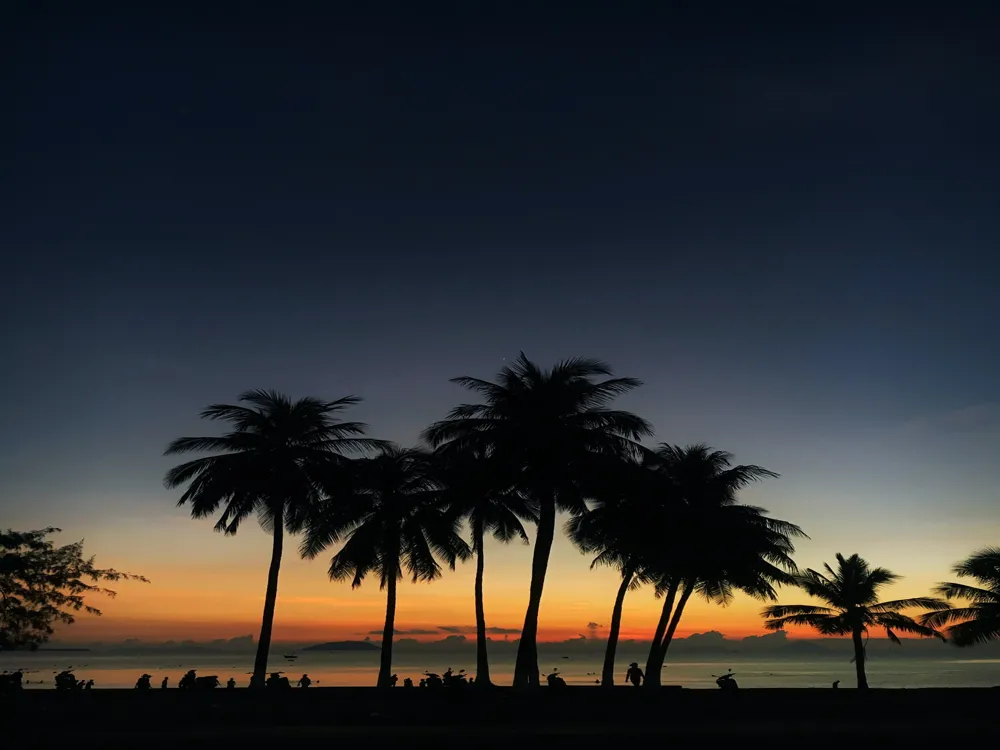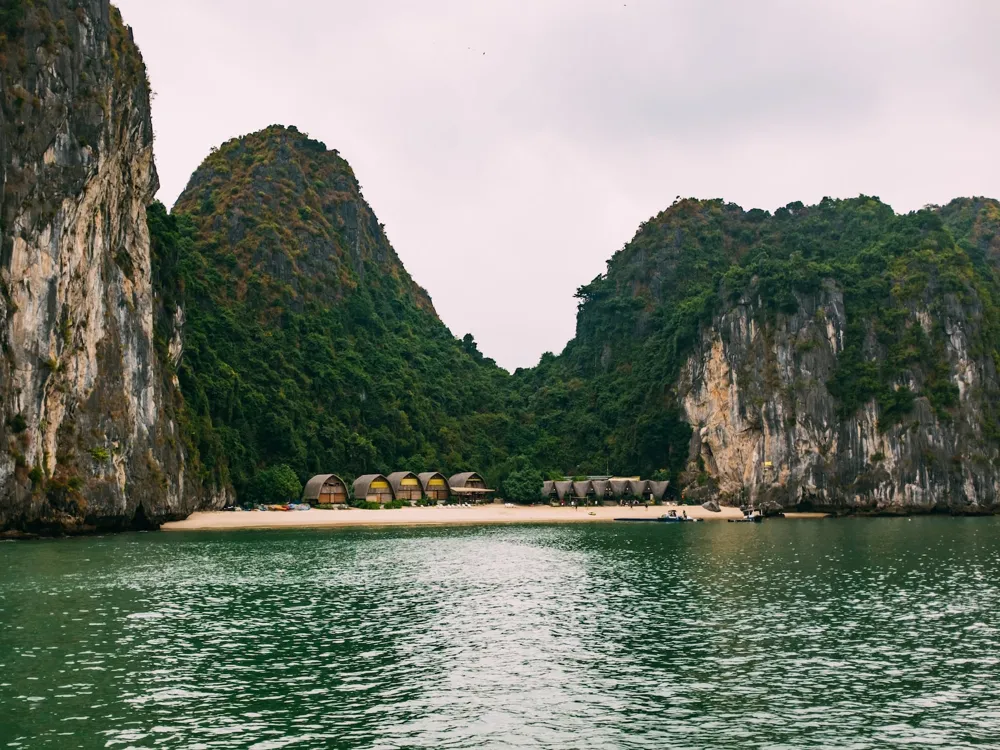Nestled in the serene landscapes of Hoa Binh Province, Vietnam, Kim Boi is a hidden gem that offers a blend of natural beauty, cultural richness, and a peaceful retreat from the bustling city life. This district is increasingly attracting visitors, both domestic and international, for its therapeutic hot springs, captivating scenery, and its unique position in the tapestry of Vietnamese culture. The journey to Kim Boi is an experience in itself. As you venture into this region, you're greeted by rolling hills, verdant forests, and rice terraces that paint a picture of rural Vietnam at its most authentic. The climate here is temperate, making it a year-round destination. However, it is in the spring and autumn when Kim Boi truly comes alive with vibrant colors and a bustling harvest season. The district is not just a natural wonder; it's also a cultural hub. The local communities, primarily from the Muong ethnic group, have preserved their traditions and ways of life for centuries. Visitors can witness their unique customs, enjoy traditional music and dance performances, and even participate in local festivals that are a riot of colors and joy. A major draw for tourists is the Kim Boi hot spring. Known for its therapeutic qualities, the mineral-rich water is believed to aid in healing various ailments. The hot springs are complemented by an array of resorts and spas that offer a range of treatments, making Kim Boi a popular wellness destination. For the adventurous, Kim Boi doesn’t disappoint. The district's landscape is ideal for trekking, mountain biking, and exploring rural Vietnam. The lush valleys, hidden waterfalls, and meandering rivers offer countless opportunities for outdoor activities and photography. As you delve deeper into the region, the local cuisine adds another layer to the Kim Boi experience. The food here is a delightful fusion of mountainous flavors and techniques, with each dish telling a story of the land and its people. In essence, Kim Boi is a microcosm of Vietnam's rural charm. It’s a place where nature, culture, and tradition converge, offering a truly immersive Vietnamese experience. The architecture of Kim Boi in Hoa Binh is a fascinating blend of historical and contemporary styles, reflecting the region's rich cultural heritage and modern influences. This architectural mosaic is seen in the harmonious coexistence of traditional stilt houses, historical landmarks, and modern resorts that cater to the growing number of tourists. The traditional stilt houses, predominantly inhabited by the Muong ethnic group, are an architectural marvel. Built primarily from wood and bamboo, these houses are elevated to protect against floods and wild animals. The design is not just practical but also holds significant cultural value, representing the Muong people's close connection with nature. These houses are typically adorned with intricate carvings and decorations that tell stories of the local folklore. Moving through Kim Boi, one can witness the gradual transition from these traditional dwellings to more contemporary structures. The recent developments in tourism have led to the construction of modern resorts and spas. These facilities, while modern in amenities, often draw inspiration from local architectural styles, creating a seamless blend of the old and the new. An interesting aspect of Kim Boi's architecture is the communal houses. These large, ornate structures are central to village life, serving as a gathering place for community events, rituals, and meetings. The communal houses are not just social hubs but also architectural landmarks, showcasing the craftsmanship and artistic skills of the local artisans. Temples and pagodas in Kim Boi add another layer to its architectural landscape. These religious structures, some of which date back centuries, exhibit exquisite designs and are often situated in picturesque locations. They serve as a testament to the region's historical depth and spiritual significance. Kim Boi's architecture is a reflection of its people's resilience and adaptability. The blend of traditional and modern styles speaks of a community that respects its past while embracing the future. For architecture enthusiasts and casual visitors alike, the buildings and structures of Kim Boi offer a captivating insight into the region's cultural and historical identity. The ideal time to visit Kim Boi is during the spring (February to April) and autumn (September to November). These periods offer the most pleasant weather, with moderate temperatures and lower humidity, perfect for outdoor activities and exploring the region. Kim Boi offers a range of accommodation options, from luxury resorts to modest homestays. Consider staying in a traditional stilt house for an authentic experience, or opt for a resort near the hot springs for a more luxurious stay. Don't miss out on the local cuisine, which is a delightful mix of mountain herbs, fresh vegetables, and meats. Try local specialties like bamboo-tube rice and grilled fish for an authentic taste of Kim Boi. Respect local customs and traditions. Dress modestly when visiting temples and communal houses, and always ask for permission before taking photographs of the locals, especially during cultural ceremonies or rituals. Engage in outdoor activities like trekking, biking, or simply exploring the rural landscapes. Ensure you have the right gear and consider hiring a local guide for the best experience. Kim Boi is accessible from Hanoi, the capital city of Vietnam, by various means of transportation. The most common way to reach Kim Boi is by road. You can either rent a car or take a bus from Hanoi; the journey takes approximately 2-3 hours. For a more scenic route, consider hiring a motorbike, which allows for greater flexibility and the opportunity to enjoy the picturesque landscapes along the way. Another option is to take a train to Hoa Binh city and then a bus or taxi to Kim Boi. This journey offers a glimpse into the rural heartlands of Vietnam and is an experience in itself. Regardless of the mode of transportation, the journey to Kim Boi is an integral part of the experience, offering views of Vietnam's stunning countryside and a chance to witness the everyday life of its rural communities. Read MoreOverview of Kim Boi, Hoa Binh
Architecture of Kim Boi, Hoa Binh
Tips When Visiting Kim Boi
Best Time to Visit
Accommodation Choices
Local Cuisine
Cultural Etiquette
Outdoor Activities
How To Reach Kim Boi
Kim Boi
Hoa Binh
NaN onwards
View hoa-binh Packages
Weather :
Tags : Hot Spring
Timings : 9:30 - 19:00
Time Required : 2 - 3 hours
Entry Fee : 50,000 VND
Planning a Trip? Ask Your Question
Hoa-binh Travel Packages
View All Packages For Hoa-binh
Top Hotel Collections for Hoa-binh

Private Pool

Luxury Hotels

5-Star Hotels

Pet Friendly
Top Hotels Near Hoa-binh
Other Top Ranking Places In Hoa-binh
View All Places To Visit In hoa-binh
View hoa-binh Packages
Weather :
Tags : Hot Spring
Timings : 9:30 - 19:00
Time Required : 2 - 3 hours
Entry Fee : 50,000 VND
Planning a Trip? Ask Your Question
Hoa-binh Travel Packages
View All Packages For Hoa-binh
Top Hotel Collections for Hoa-binh

Private Pool

Luxury Hotels

5-Star Hotels

Pet Friendly







